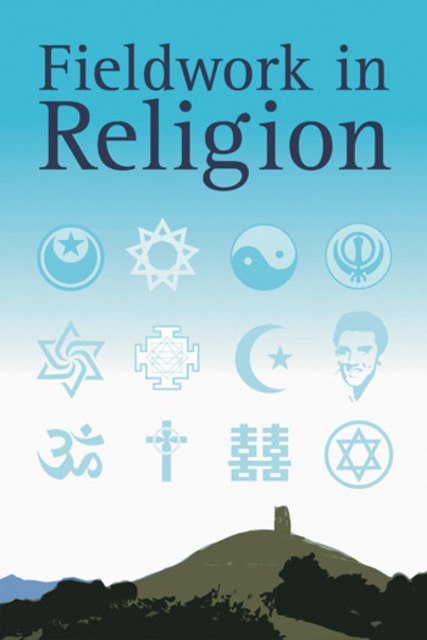Dressing the Part: Ethics of Insider/Outsider Attire for the Ethnography of American-Jewish 'Niddah' | Religion Resource Hub
Dressing the Part: Ethics of Insider/Outsider Attire for the Ethnography of American-Jewish 'Niddah'

Full description
A researcher with conservative clothing style could potentially confuse the women with whom she conducts research on contemporary Niddah practices, inviting accusations of unethically misrepresenting oneself to both the liberal and Orthodox communities in the Greater Phoenix Valley of Arizona, USA where the research will be conducted. This article reflects three years of wrestling with this dilemma, which has enabled the author to articulate and refine her current stance regarding researcher attire and broader ethical issues concerning power and representation in ethnographic research, as informed by her studies in critical ethnography and feminist methodologies. Drawing on Dwight Conquergood’s and D. Soyini Madison’s articulations of critical ethnography, the quality of the author’s ethnographic engagement leading up to the interviews should decode one’s attire and clarify questions about the researcher’s position, bias, and integrity. This methodology expresses itself through ethnographic strategies and interpersonal interactions with members of the communities. Additionally, this methodology requires the author and the community members to be mutually candid concerning their questions about their own menstrual practices, sex life, marital histories, and religious perspectives. More than establishing trust in the author’s emotional honesty and integrity as an academic, such candour levels the interviewer–interviewee playing field, critical for research touching on marital dynamics and sex lives. This integrates critical ethnography and interactive interview processes in terms of collaborative knowledge construction. These critical ethnographic and feminist methodologies further demand that this same degree of candour in academic communications, trust and interpersonal integrity should determine the matrix that produces the research and the researcher’s relationship with the Greater Phoenix Jewish community.
- typeImage
- created on
- file formatjpeg
- file size62 KB
- container titleFieldwork in Religion
- creatorIsobel-Marie Johnston
- issnISSN: 1743-0623 (online)
- issue12.2
- publisherEquinox Publishing Ltd.
- publisher placeSheffield, United Kingdom
- doi
We use cookies to analyze our traffic. Please decide if you are willing to accept cookies from our website. You can change this setting anytime in Privacy Settings.